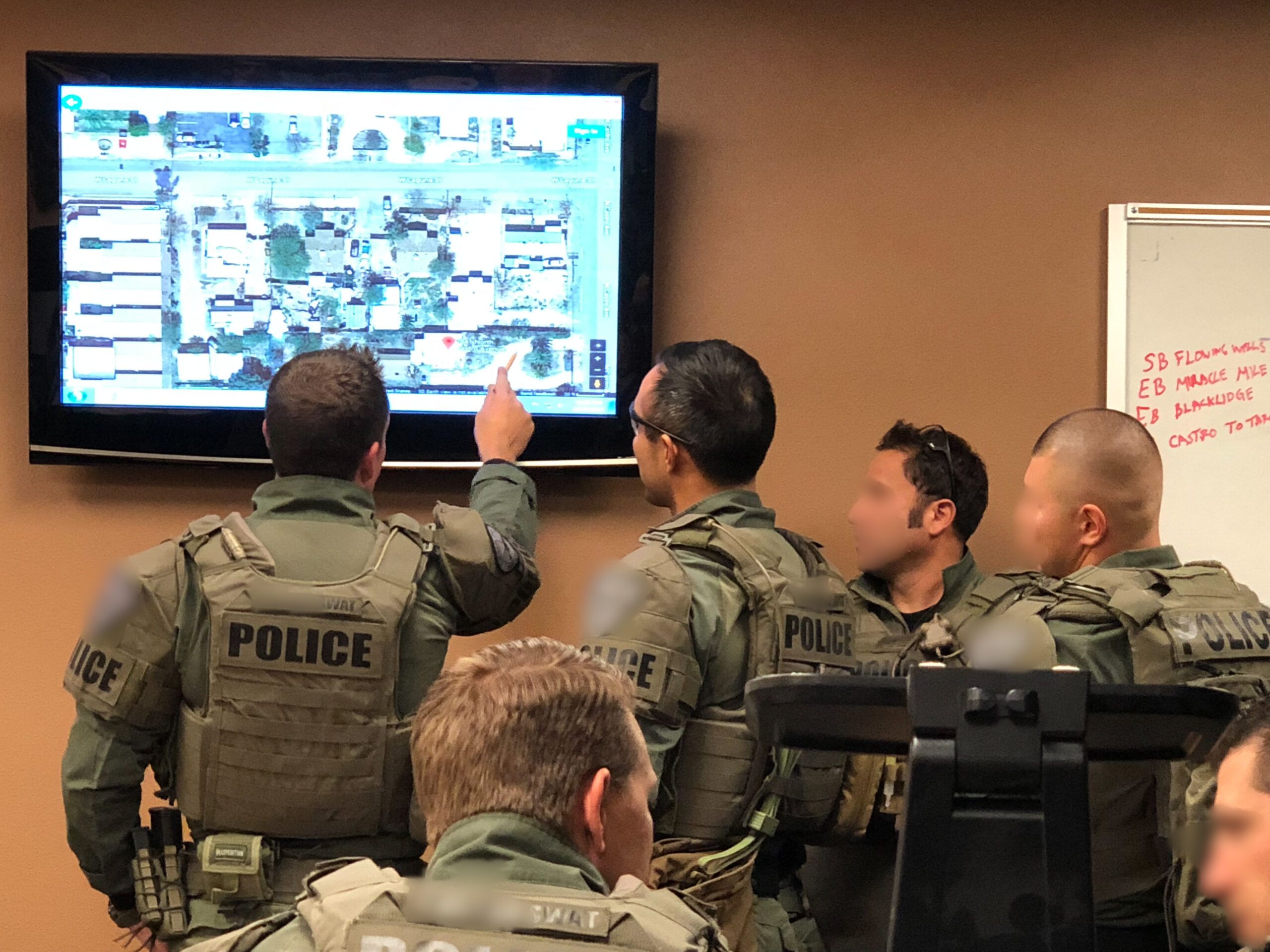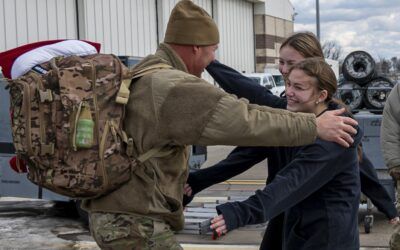EPISODE 149
A Good Commander Knows What to Control

No team in law enforcement is composed of robotic textbook-following automatons, nor would we want it to be, if we’ve ever found ourselves at 2MPH over the limit. But when a worst-case incident unfolds, we want every first responder to make the right decision at the speed of life, because in those incidents seconds often equal victims. How can we raise the lowest common denominator, so our people make the right decisions quickly without rushing to failure?
In this episode Mike and Jim talk about command and control, and teaching decision-making skills to team members. In this way, when everything hits the fan, the right decisions get made fast, and get made at the right level. There’s a reason for supervisors, commanders, and leaders, but it’s important to know when to let subordinates make decisions. Not every incident is The Big One, but nobody’s ready for The Big One if they haven’t been taught in the small ones.
Find us on social media (Facebook/Twitter/Instagram/YouTube) @TacTangents
You can join the conversation in our Facebook Discussion Group.
Find all of our episodes, articles, some reading list ideas, and more on our website www.tacticaltangents.com
Like what we’re doing? Head over to Patreon and give us a buck for each new episode. You can also make a one-time contribution at GoFundMe.
Intro music credit Bensound.com
CLICK BELOW TO SUBSCRIBE NOW ON YOUR FAVORITE PLAYER
THANK YOU TO OUR SPONSORS! PLEASE GO CHECK THEM OUT
Recent Episodes
Balance: Pace Yourself, it’s a Marathon, not a Sprint
The boys talk us through how to achieve work-life balance in full commitment jobs like aviation, law enforcement, emergency medical services, and other critical roles.
The Boogeyman of Coeur d’Alene – The Crimes of Joseph Duncan
We delve into the horrifying crimes of a convicted serial predator whose reign of terror culminated in the brutal murders of the Groene family in 2005. We’ll explore Duncan’s dark past and the stalking and execution-style killings that led to the abduction of Shasta and Dylan Groene. We talk about managing our consumption of evil things in the world, the impact that has on our parenting, and we unravel how media efforts helped bring one of the most dangerous offenders in U.S. history to justice.











